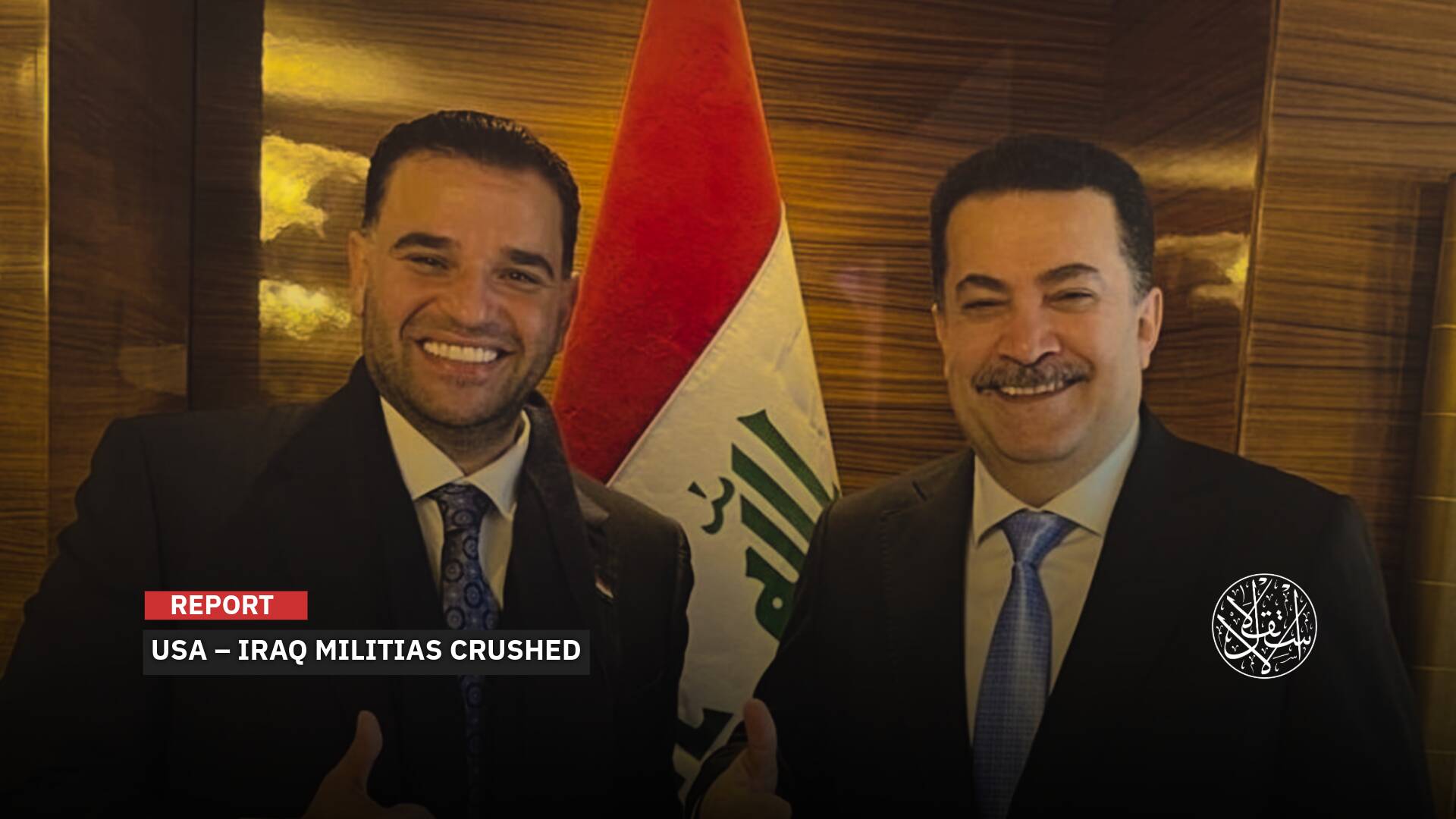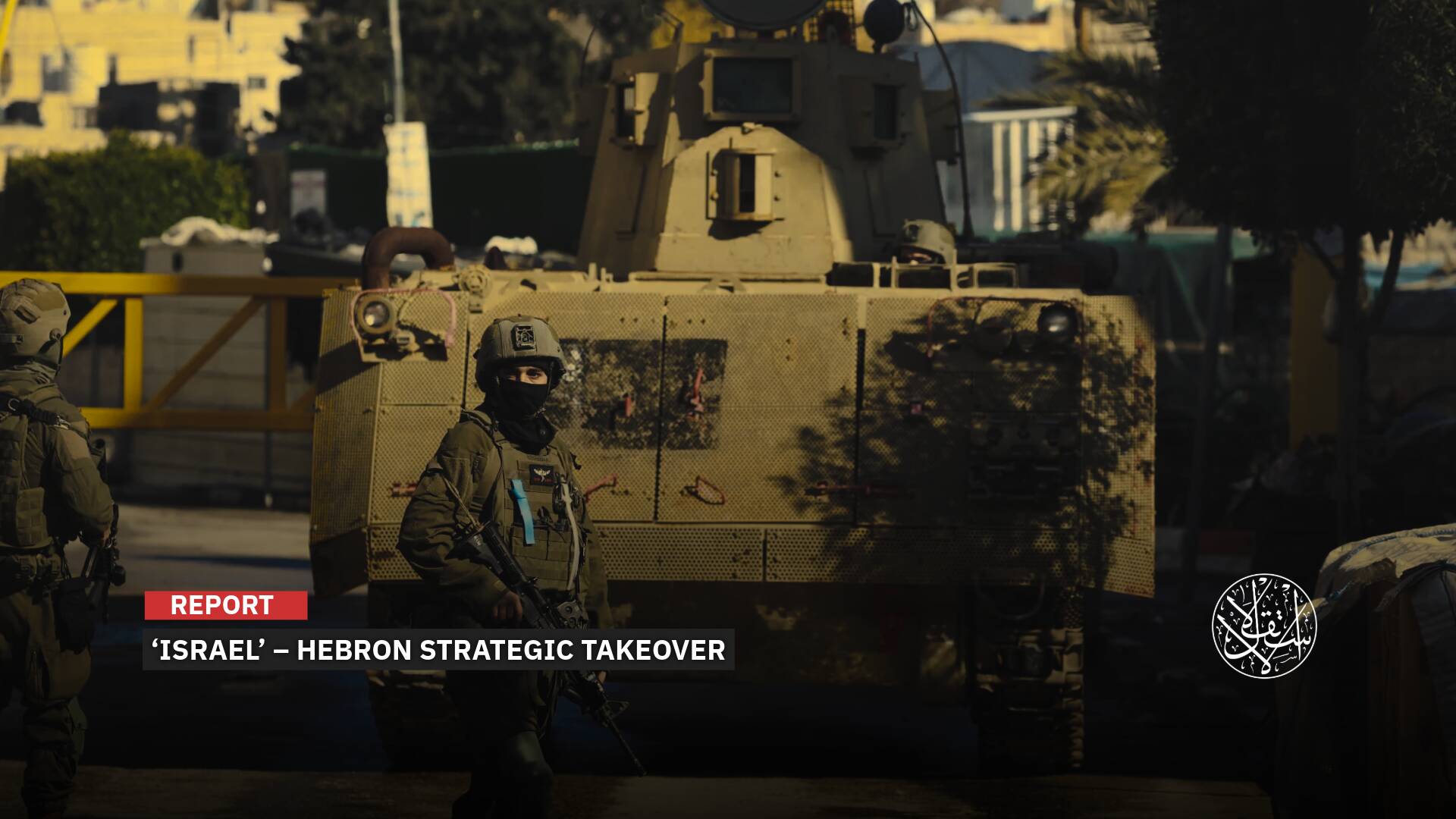Experts: The Gulf–Turkish Alliance Could Stall the Next Wave of Normalization
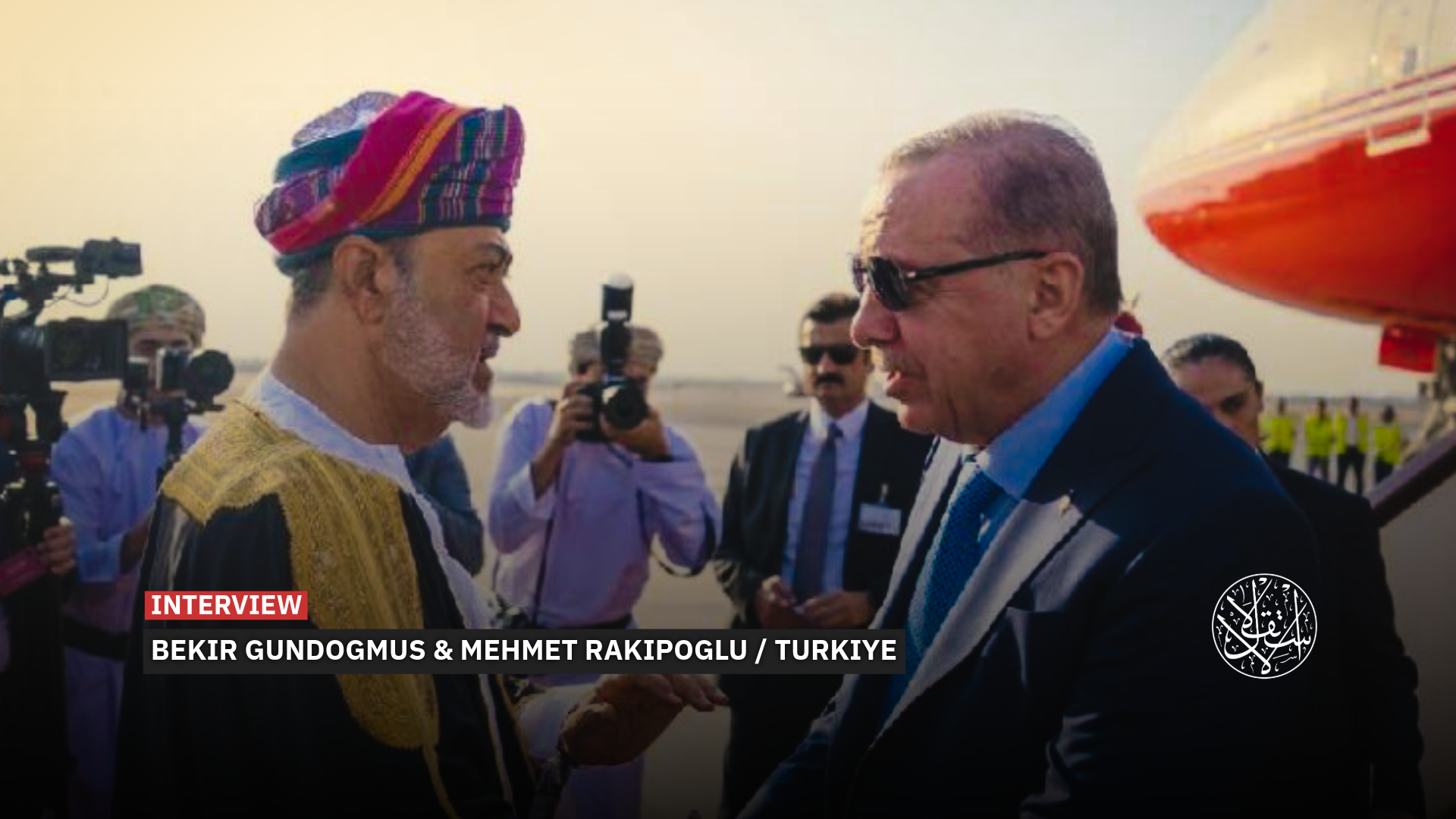
“The easiest way to strengthen relations between nations is through trade.”
As part of Turkish President Recep Tayyip Erdogan’s Gulf tour, which included Kuwait, Qatar, and Oman and resulted in the signing of 24 agreements, declarations, and joint statements across various fields, Al-Estiklal spoke with two Turkish academics about the visit’s broader implications.
The trip, held between October 21 and 23, 2025, at the invitation of Gulf leaders, focused on strengthening cooperation and deepening bilateral ties.
Dr. Bekir Gundogmus, Assistant Professor of Political Science and Public Administration at Bandirma Onyedi Eylul University and Vice President of the International Crisis Research Center (USKAM), described the tour as a “strategic and regional move shaped by the shifting dynamics of the Middle East.”
He told Al-Estiklal that the growing partnership between Turkiye and Gulf states “could open the door for stronger Palestinian representation against the Israeli occupation and reinforce regional solidarity with the Palestinian cause.”
He added that ongoing and future dialogue between Palestinian resistance groups, Gulf countries, and Turkiye “could corner the Israeli Occupation diplomatically.”
Meanwhile, academic Dr. Mehmet Rakipoglu said Erdogan’s visit was a clear reflection of Turkiye’s principle of “regional ownership,” emphasizing that “solutions to Middle Eastern challenges should come from within the region, not from global powers.”
Rakipoglu noted that a Gulf–Turkiye alliance could ramp up diplomatic and economic pressure on Israel, with both sides expected to take a united stand against its expansionist policies and coordinate their efforts in international forums on the two-state solution.
Here is the full interview with Dr. Bekir Gundogmus:
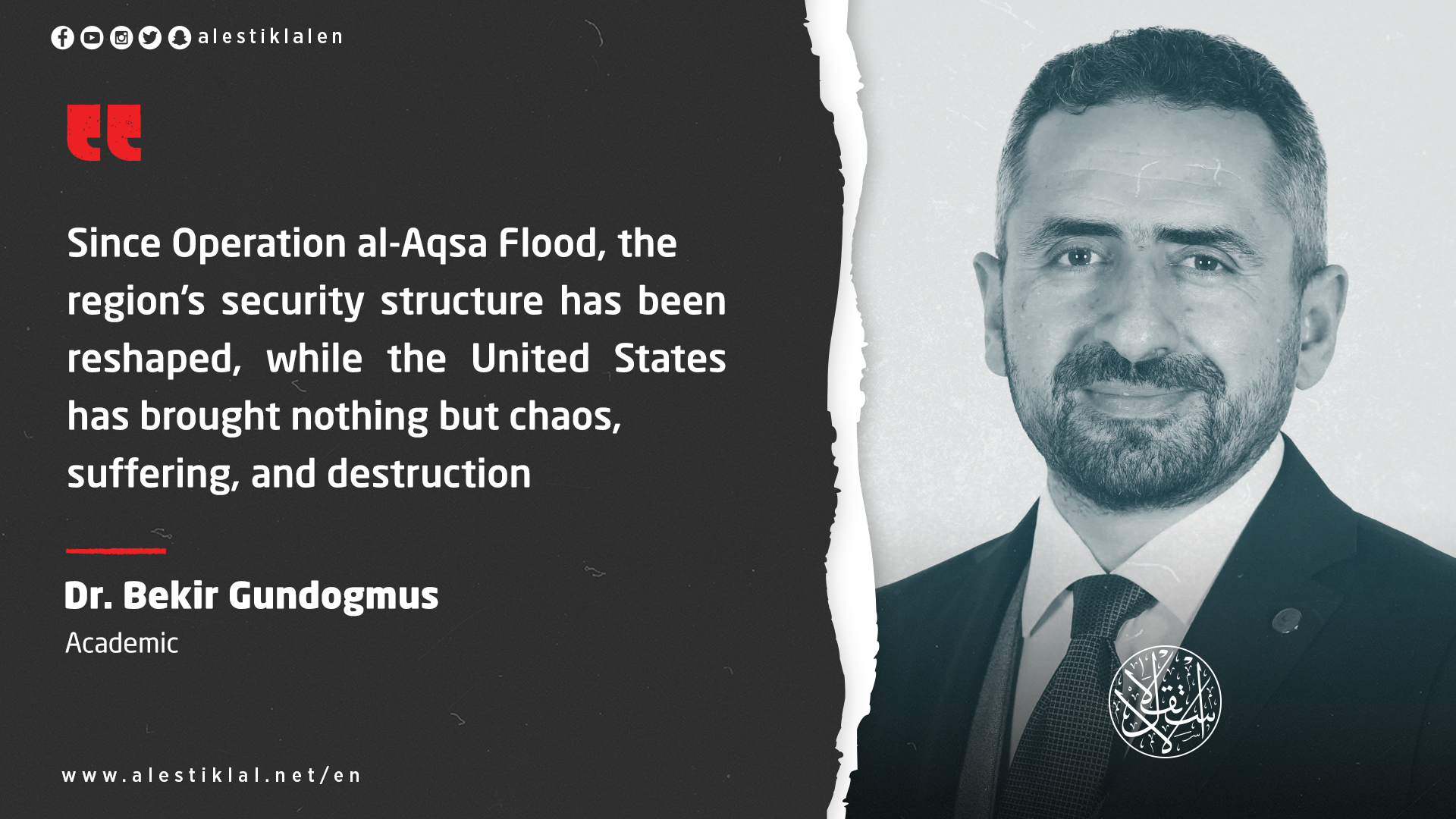
New Partnerships
What does President Erdogan’s visit to the Gulf signify?
It’s best understood in the context of recent regional history. Since the events of September 11, 2001, the Middle East has evolved into an environment largely shaped around U.S. and Israeli interests. The invasion of Iraq, designed by Washington, ultimately served Zionist objectives, a vision long outlined in the Oded Yinon plan. The aftermath of the Arab Spring further deepened this trajectory.
While some regional states were torn apart by civil wars and occupations, others sought safety through closer ties with Washington and Tel Aviv, hoping that alignment would shield them from instability.
But since Operation al-Aqsa Flood began on October 7, 2023, the regional security landscape has started to shift dramatically—with developments in Syria reflecting this wider transformation. Within that framework, Erdogan’s Gulf tour signals a possible acceleration toward forming new strategic partnerships.
How could coordination with Gulf states impact Gaza and the Palestinian cause?
The recent Israeli Occupation aggression targeting the Palestinian delegation in Qatar reveals how deeply Israel fears the growing influence of such cooperation. Ironically, there is a positive side to what happened. For Gulf countries that believed they could protect themselves from Israeli aggression through bilateral agreements, the attack carried a meaningful message because it once again proved that if the Zionist threat is left without deterrence, it will act with a broad and indiscriminate mentality.
It is well known that the Israeli Occupation regime expressed clear irritation toward Qatar in particular through several warning attacks, including the strike on Al-Jazeera. Yet the latest aggression both reignited discussions about creating a new regional security framework and provided a legal and political pretext for it.
The most important potential impact of the ongoing engagement between the Gulf states and Palestine lies in enabling regional actors to take genuine responsibility for solving their own problems. The picture left by the U.S. occupation of Iraq and its continued manipulation of the region’s balance of power remains painfully clear, as Washington’s involvement has brought nothing but chaos, tears, and blood.
In this light, the growing partnership between Turkiye and the Gulf offers a chance for a more unified and assertive stance in defending Palestine.
It’s worth noting that Qatar, Kuwait, and Oman have consistently shown empathy and support for the Palestinian struggle—often setting themselves apart from the approaches of Saudi Arabia and the UAE.
Ongoing and future dialogue between Palestinian resistance movements, Turkiye, and Gulf states could therefore corner the Israeli Occupation diplomatically and reshape the balance of power in the region.
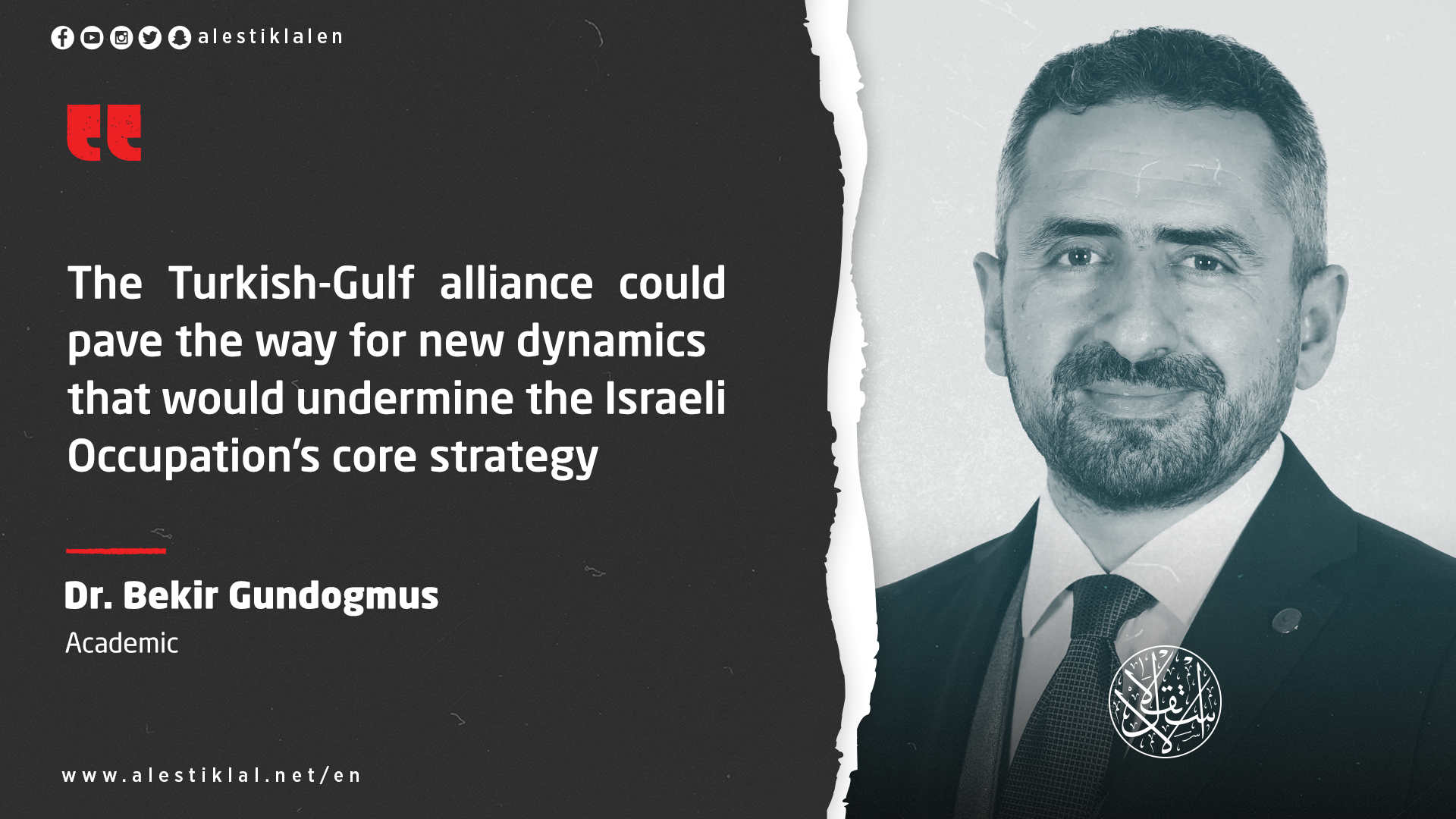
A Common Stand
The United States seeks to cement its dominance in the Gulf. What can Turkiye do in response?
The most crucial step in turning U.S. dominance in the Gulf into an advantage for Turkiye is undoubtedly strengthening bilateral cooperation among regional states. It is essential to build a balanced economic interdependence guided by the principle that “money shapes the model,” while avoiding the trap of economic determinism.
Even so, the easiest path to strengthening relations between nations runs through trade that meets mutual needs and generates shared profit.
For years, the core strategy of the United States—or more precisely, the Zionist mindset—has been to pit regional states against one another and obstruct their commercial, military, economic, and cultural cooperation.
That is why an economic dialogue grounded in respect for national dignity and sovereignty can later serve as a catalyst for broader collaboration across other sectors.
Moreover, the fact that cooperation among Muslim countries has not yet risen beyond the minimum level, let alone been strengthened, is deeply abnormal.
Still, portraying Turkiye’s dialogue with the Gulf, as highlighted during the recent visit, as an extraordinary shift or a confrontation with the United States could serve the interests of those seeking to indirectly pressure Gulf states.
Overall, relations between Turkiye and Qatar, Kuwait, and Oman remain solid and ongoing, and the latest visit should be understood as a joint national and regional strategy shaped by both Turkiye and the Gulf states in response to the changing regional landscape.
What impact could a Turkish-Gulf alliance have on Israel, and what policies could be developed in response?
Since its very establishment in the region, the Israeli Occupation’s core objective has been to obstruct coordination and cooperation among Muslim nations.
If developments lead to the formation of a Turkish-Gulf alliance, it could pave the way for new dynamics that would undermine the Israeli Occupation’s core strategy.
One of the most significant outcomes would be the alliance’s ability to break the Israeli Occupation’s monopoly over regional deterrence.
In this context, military cooperation in defense technologies would become particularly important.
From a geopolitical standpoint, a Turkish-Gulf partnership could also challenge the Israeli Occupation by influencing the route of regional energy corridors, fostering mutual dependence among regional states.
Additionally, a united stance by this potential alliance on the Palestinian cause would project a stronger and more credible diplomatic image in favor of Palestine within the international community.
Finally, a Turkish-Gulf alliance could hinder the revival of the normalization wave that began between the Israeli Occupation and several Muslim countries under the Abraham Accords before Operation al-Aqsa Flood, potentially pushing those states to reconsider or end their ties with Israel.
Interview with Academic Dr. Mehmet Rakipoglu
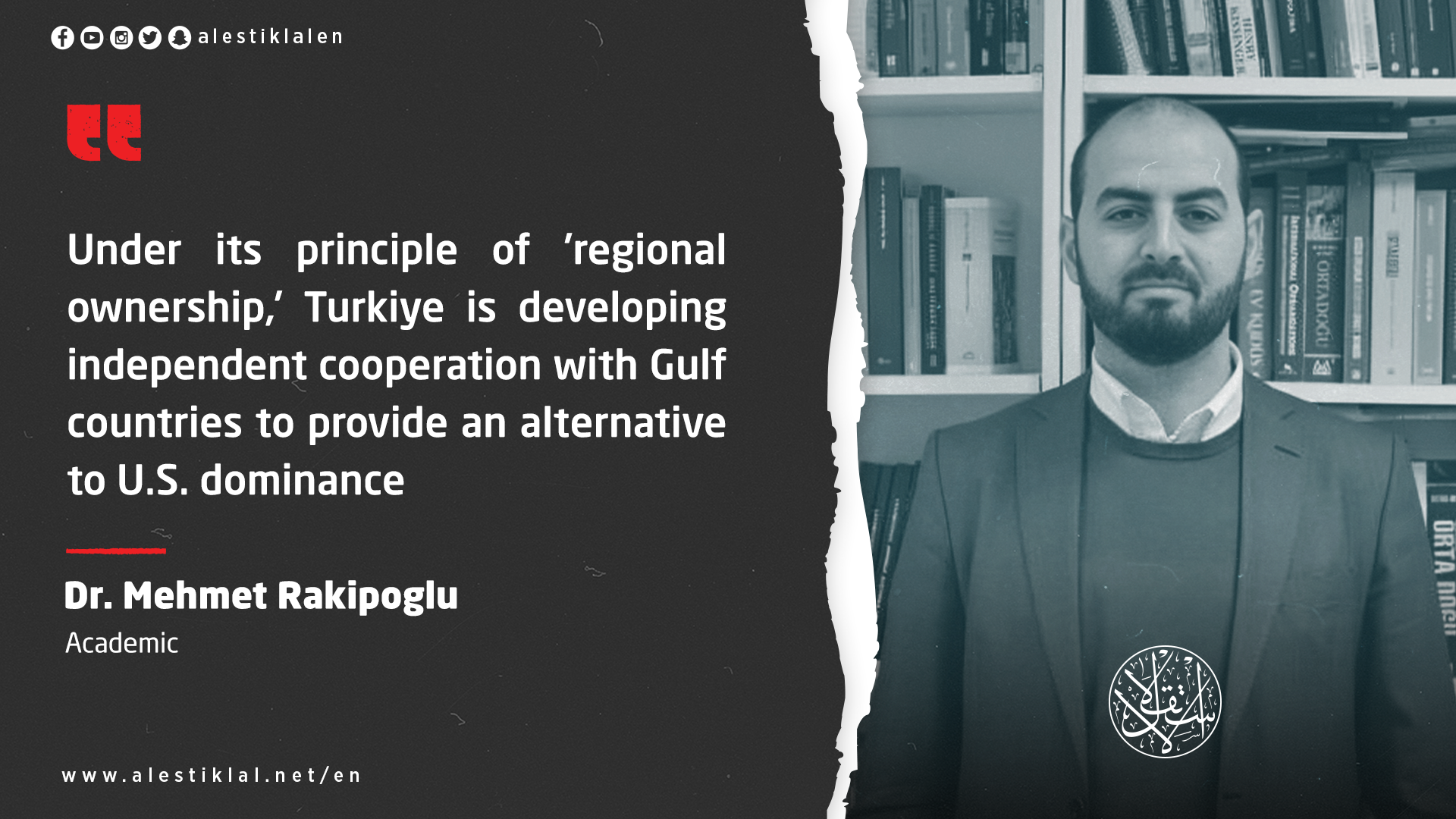
Diplomatic Dimensions
What does President Erdogan’s visit to the Gulf signify?
President Erdogan’s visit to the Gulf embodies Turkiye’s principle of “regional ownership.”
It reflects the belief that solutions to regional problems should be developed by the region’s own countries, offering an alternative to global power interventions.
These visits carry tangible cooperation across diplomatic, economic, and security dimensions, strengthening Turkiye’s role as a key actor in setting norms and maintaining balance in the region.
Such coordination could provide a regional alternative to Western-led solutions, especially regarding the Gaza crisis and developments in Syria.
What impact could engagement with Gulf states have on Gaza and the Palestinian cause?
The growing Turkish cooperation with Gulf countries is crucial for maintaining the Gaza ceasefire and forming a united stance on the Palestinian cause.
Turkiye and the Gulf states aim to apply joint diplomatic pressure to advance the “two-state solution” and counter Israeli Occupation expansion.
This partnership will strengthen regional efforts toward resolving the Palestinian cause and open the door to a more effective struggle on the international stage.
It may also play a vital role in coordinating humanitarian aid and reconstruction efforts in Gaza.
What are the scope and benefits of the agreements signed during the visit?
The agreements span energy, defense industries, trade, and infrastructure.
A ten-year liquefied natural gas deal with Oman will bolster energy security, while defense cooperation with Qatar will enhance military capabilities.
Additionally, a $500 million joint investment fund and free trade agreement talks are set to deepen economic integration.
These accords will increase Turkish investments in the Gulf while providing Gulf states greater access to European and Asian markets through Turkiye.
Logistics corridor projects will further help diversify supply chains and expand regional connectivity.
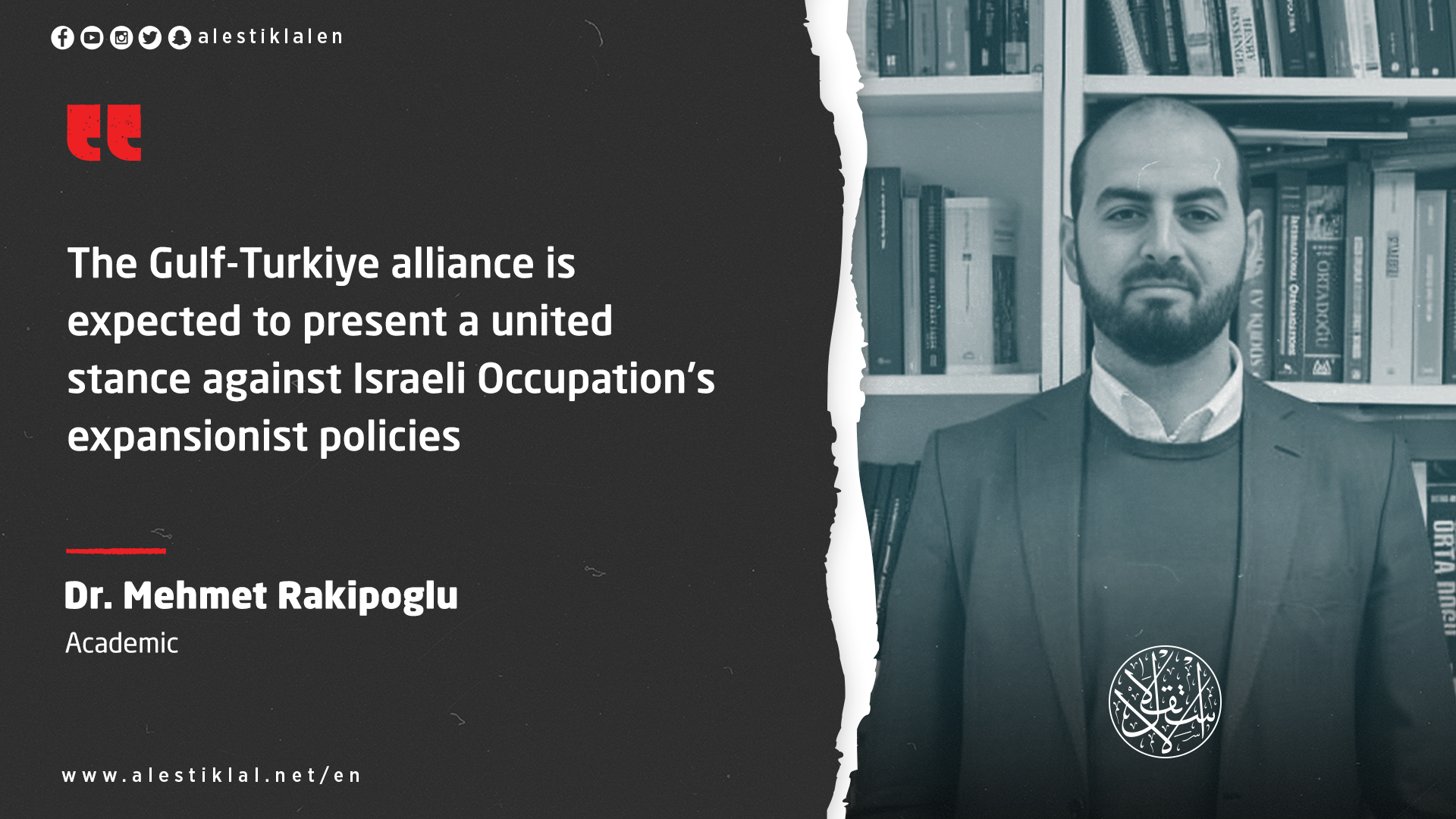
‘Regional Ownership’
As the United States seeks to cement its dominance in the Gulf, what steps can Turkiye take in response?
Under its principle of “regional ownership,” Turkiye is developing independent cooperation with Gulf countries to provide an alternative to U.S. dominance.
Through partnerships in defense industries, energy agreements, and institutional collaboration, Turkiye aims to strengthen regional autonomy and reduce reliance on global powers.
Turkiye and its regional partners are also expanding joint military exercises, intelligence sharing, and coordinated security policies to build alternative security structures.
In this context, introducing a regional currency and financial cooperation could become key steps in countering the dominance of the U.S. dollar.
Will Gulf states have an impact on Turkiye’s economy?
Yes, an overwhelmingly positive one.
Direct investments from the Gulf, export financing, and energy cooperation will significantly boost the Turkish economy.
Expanding trade with Oman, the growing presence of Turkish companies in the region, and large-scale infrastructure projects will further deepen economic ties.
Gulf capital investment in Turkiye’s defense and technology sectors will enhance the country’s capacity to produce advanced technologies.
Energy collaboration will also play a major role in achieving Turkiye’s goal of becoming a regional energy hub.
What impact could the Gulf–Turkiye alliance have on ‘Israel,’ and what policies could be developed in response?
A Turkish–Gulf alliance could increase both diplomatic and economic pressure on the Israeli Occupation.
Both sides are expected to present a unified front against the Israeli Occupation’s expansionist policies and coordinate positions in international forums on the “two-state solution.”
Through economic and security cooperation, the alliance could create a new balance of power in the region and develop an effective strategy to counter Israeli policies.
Joint diplomatic initiatives could include bringing Israel’s occupation policies before international courts and promoting an arms embargo on Israel.
Additionally, increasing economic aid to Palestine and establishing a joint reconstruction fund for Gaza could strengthen coordinated regional support for the Palestinian cause.



